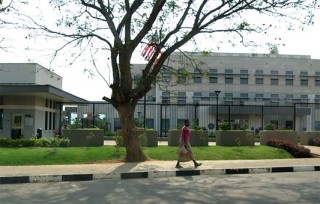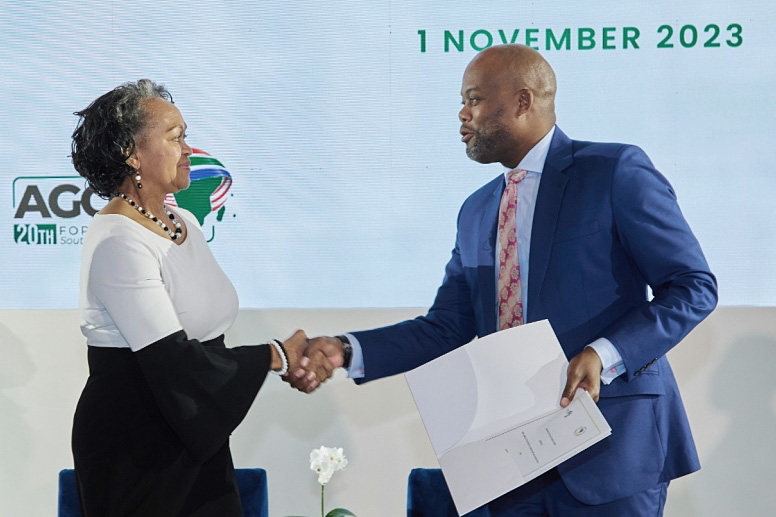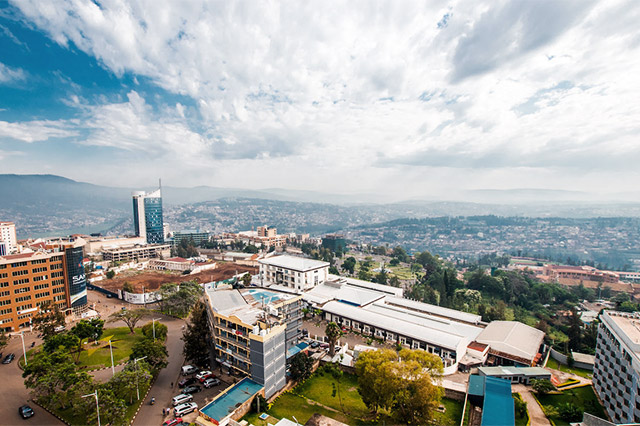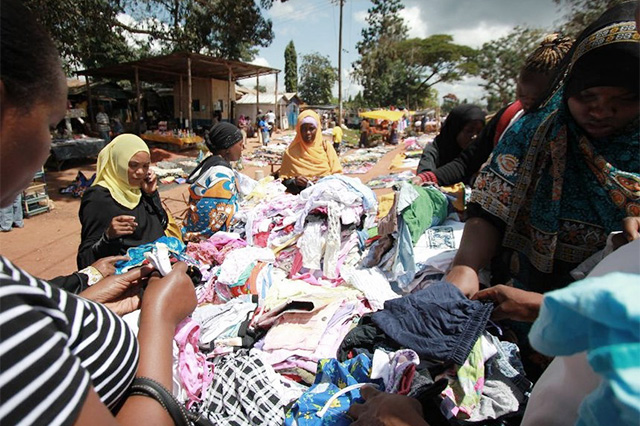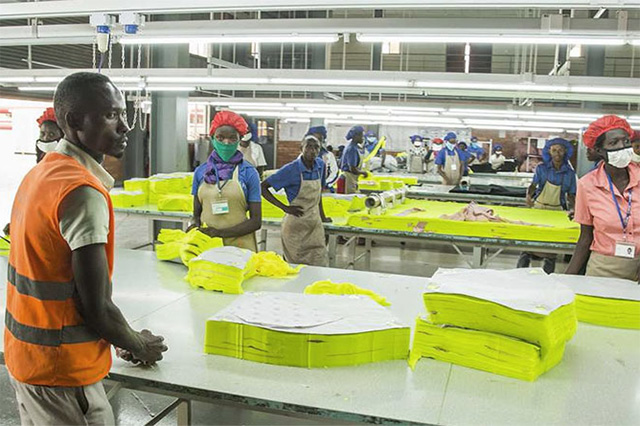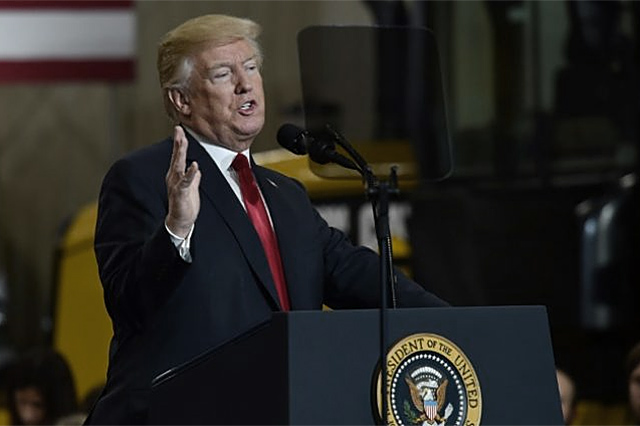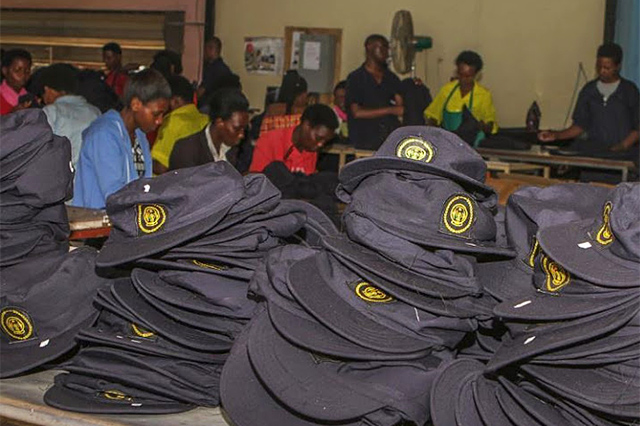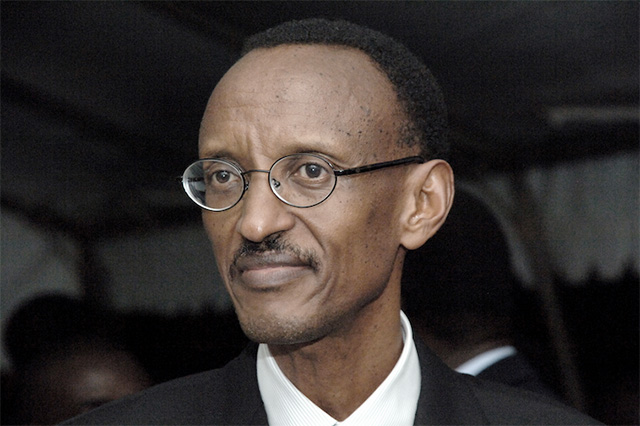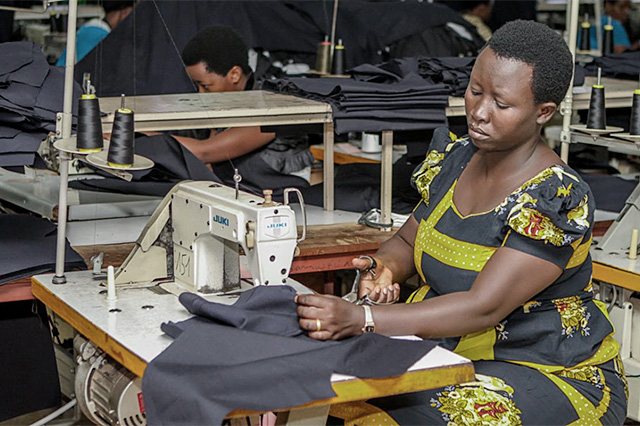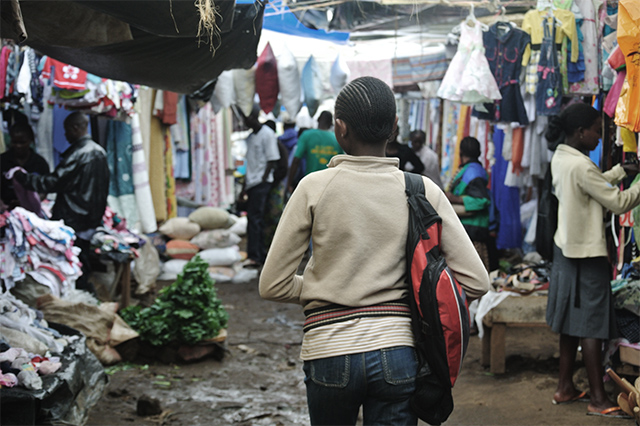East Africa: Exporters struggle to meet criteria for AGOA products
During the recently concluded AGOA Forum in Kenya, it was pointed out that Africa still takes too little advantage of the trade facility. That is also the case in Rwanda.
Under the AGOA initiative, some 6,400 products can be exported by 41 African countries, but since the launch of the Act in 2000, they export less than 50%, and petroleum products alone account for more than 90% of the $81.4 billion earned from exports to the US.
In the EAC, Kenya was the biggest earner with US$ 343.5 million, whereas Rwanda only got US$ 13.7 million.
According to insiders, the reason why African countries have not been to benefit from the scheme is because most of the goods do not meet the high-quality standards required under AGOA. "There have not been enough export products that meet the quality standards demanded by AGOA," says Pipien Hakizabera, the director of exports at the Rwanda development board (RDB).
On top of that, many enterprises are not aware and don't understand the benefit of exporting through AGOA.
According to Hakizabera, there a few products that are exported to the US market through the AGOA. "For instance, we have minerals such as tungsten, handcrafts, agricultural produce as well as leather products that are exported through AGOA, but only a handful of entrepreneurs have taken advantage of this opportunity to export duty free and access the huge US market," he points out.
Despite fewer products being exported to the US market, trade between the two countries has increased over time. For instance, total trade between the US and Rwanda in 2008 was valued at US$ 34.2 million representing a 19% increase in trade compared to 2007; Rwandan exports to the US in 2008 were worth US$ 13.7 million, an 8% increase compared to 2007.
However, Rwandan exporters to the American market are faced with a barrage of challenges. For example, meeting the quality and regulatory requirements of the US is still a big hurdle. Secondly, there is the inability of the exporters to identify and define niche markets and linking with the right buyers in the US.
Production capacity
Even if the market is accessed, production capacities which are necessary to sustain demand cannot be attained. On top of that, weak internal organizational capacities evident in most exporting companies, lack of consumer information, weak infrastructure such as the transport and energy as well as falling commodity prices as a result of the financial crisis also contribute to the problem.
Yet many opportunities remain unexplored. Rwanda's export opportunities to the US include textile and clothing, and horticulture products which include pyrethrum extracts, organic food products as well as essential oils such as geranium which is used in pharmaceutical industries and perfumes.
Furthermore, trade relationships with well-known American companies such as Starbucks and Macy's boost the already existing trade ties between the two countries.
On top of that, the trade and investment framework agreement (TIFA) signed between US and Rwanda in 2006 expands trade relations beyond AGOA, and US assistance programs to increase Rwanda's exporting capacity through USAID, USADF (US African Development Foundation) are looking to broaden trade relations between the two countries.
Despite the US market access that comes with AGOA, the deal contradicted with the World Trade Organization (WTO) rules of fair trade between countries. This was evident through the third party clause, particularly in the textile industry, where African countries were allowed to import raw materials from Asia, add value and export directly to the US market.
Since the third party clause was removed from the AGOA agreement three years ago, textile industries have been affected.
"When the clause was scrapped, textile industries such as those in Kenya which heavily depended on the clause were on the verge of collapse - a situation that led to the crumbling of their free trade zone," Hakizabera explains.
Extension
The AGOA agreement is set to expire in 2015 and during the recently concluded AGOA meeting in Nairobi, African countries pointed out the need to renew the AGOA agreement so that they can plan and step up the efforts to meet the AGOA requirements.
"I believe there is a possibility that the deal might be renewed," Janet Nkubana, the Managing director of Gahaya links, who are also benefiting from the AGOA trade agreement says.
Regarding the strict rules that apply to AGOA, Nkubana points out that Gahaya links have not faced a problem at all. "Our products are authentic to Rwanda, which is one of the AGOA criteria, and so far Rwanda Revenue Authority has been of great help, especially through inspection and issuing the certificate of origin," she says.
While other exporters have encountered challenges, Nkubana thinks it's an opportunity. "We have not encountered any problems on the US side since we always abide by the rules that govern the AGOA preferential trade lines."


